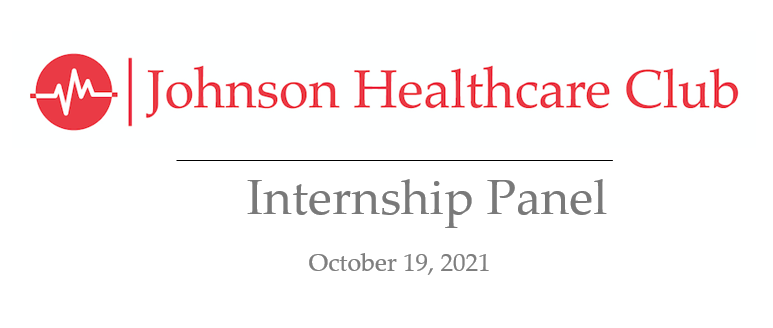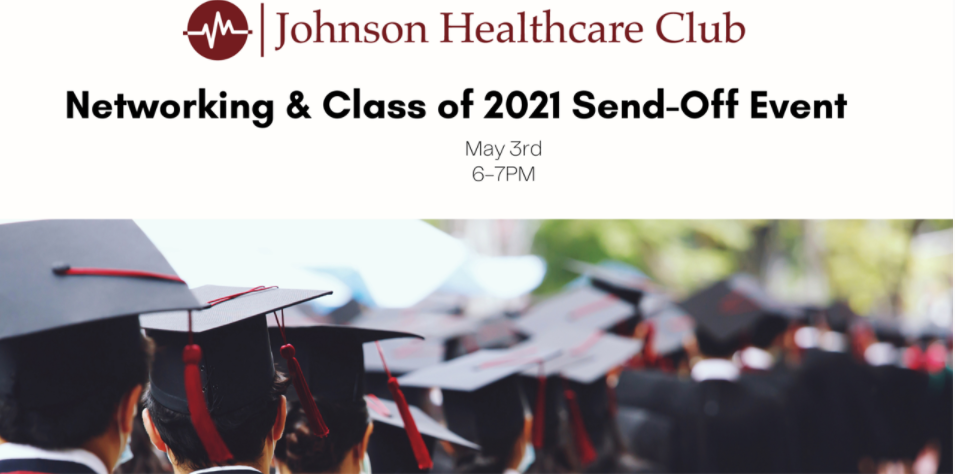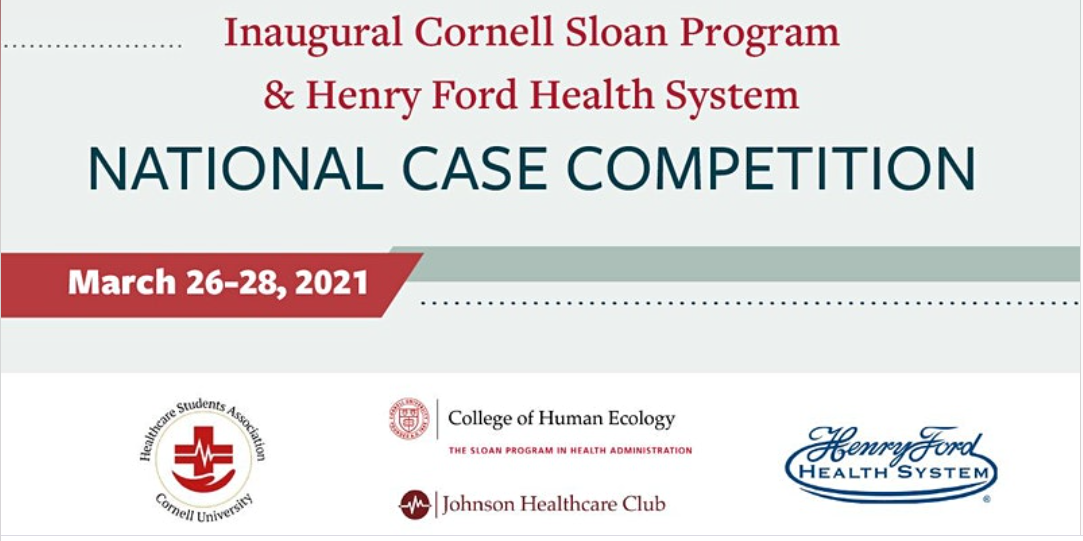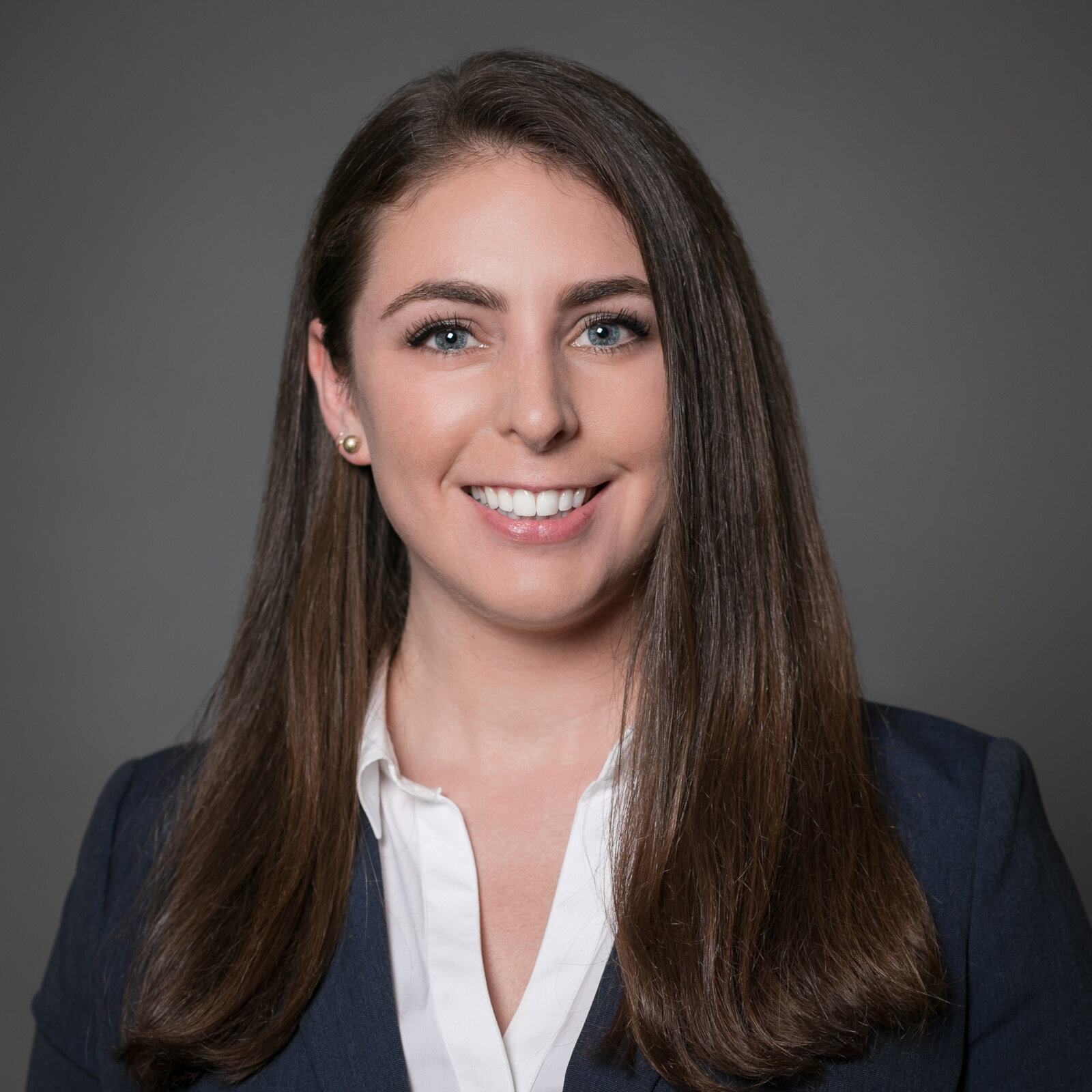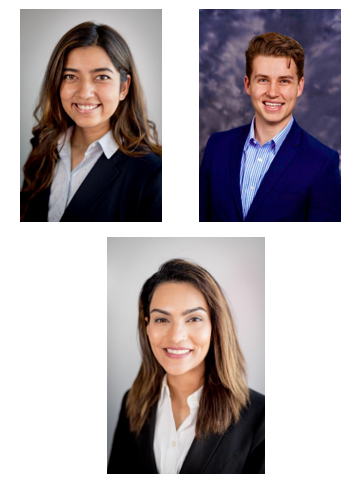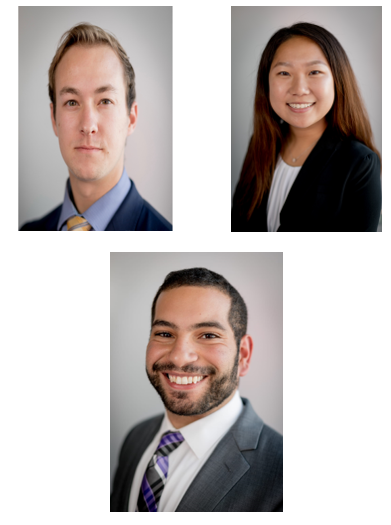Name/Hometown: Lauren E. Gergel - Boston, MA
What did you do before business school?
Before I came to Johnson I was a scientist in the biopharmaceutical industry. I loved my job, and I was able to help push treatments for cancers and rare diseases towards FDA approval. Healthcare is my passion, but I wanted to step out of the lab and learn more about the business side of science. Cornell was the perfect place to make this transition. I wanted to be part of a collaborative, supportive community where I could make a lasting impact.
Where was your internship?
My internship was 6 weeks and virtual, but I was able to fully participate from my home. It was a great way to learn how to work both in a new fast-paced environment and with a remote team. My company made it very easy to interact with other interns and practitioners, and I appreciated the extra efforts that they made for us to get to know each other.
What industries did you recruit for?
I recruited for consulting, marketing, and general management. Each club: Consulting Club, Marketing Association, and Executive Management Association taught me unique lessons that were applicable for recruiting for all the others. The thread that tied them all together was healthcare, and having that industry focus helped me focus my efforts.
What was your internship experience?
This summer I was a Senior Associate Consultant at PricewaterhouseCoopers in their Health Industry Advisory, Pharmaceutical Life Sciences, R&D Operations group. I was able to work on a great project involving machine learning. My role was to contribute to organizational change management and future business planning, and I learned so much. I felt that my work, time, and contributions were really valued. It gave me good insight into what my future career could look like, and I’m looking forward to returning there next year.
What is the most important thing you learned this summer?
I learned to mock up ideas early and get fast feedback. In my second week on the job I spent a lot of time working on one deliverable, making sure it was perfect. When I turned it in it was torn apart. I had misinterpreted the ask and took up all of the time that I could have used to get feedback with perfecting something that wasn’t needed. From then on, I learned how to work in an agile, iterative way.
What helped you most to prepare for internship?
The best thing that I did was to take time to get excited and positive. Starting an internship that you’ve worked so hard for can be intimidating, so it was important to get in a great mindset.
What was one thing you wish you did to prepare for the internship?
I could have spent more time researching my industry, understanding trends, and reading thought pieces from my company. This would have helped with my fluency in certain high-level conversations.
What is your biggest piece of advice for the recruiting process?
Cast a wide net but focus on companies that are a great fit. For me it was absolutely worthwhile to explore different avenues, but finding companies that were at the intersection of my interests and strengths helped me focus my efforts and stay on track. Use every touchpoint to see if they’re right for you: your goals, life, and happiness.

